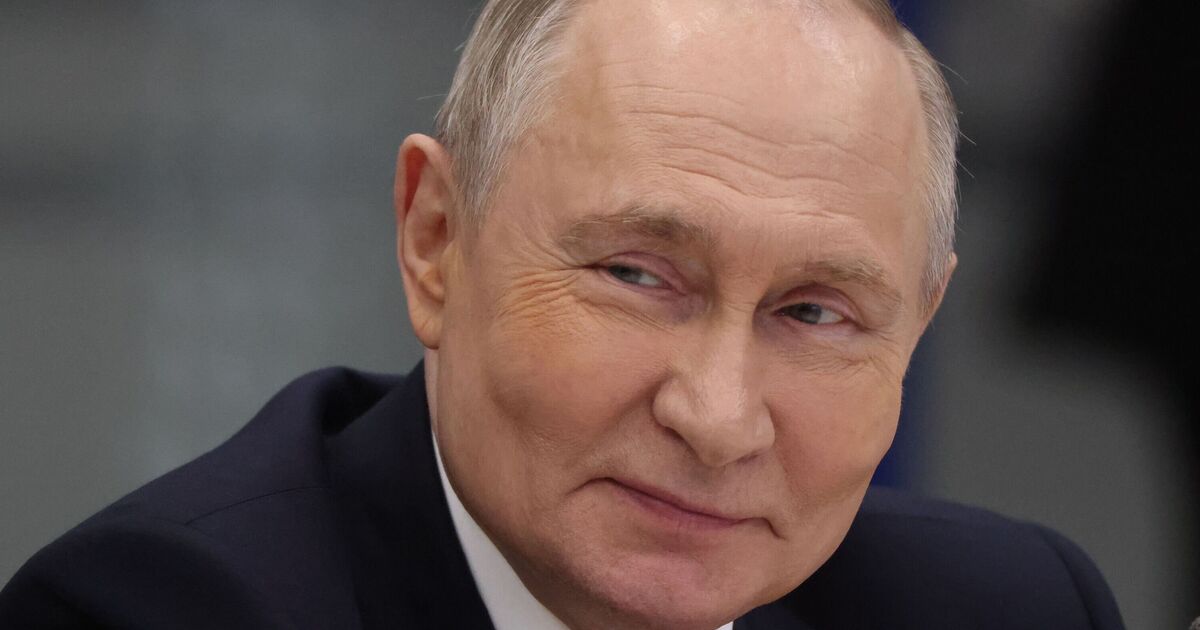Russia is attempting to “further militarise” its society in the long term in order to prepare for a future war with NATO, experts say. The Kremlin is believed to be continuing to repurpose narratives that the country’s officials have repeatedly used to justify its invasions of Ukraine, “likely in preparation for a potential future protracted conflict” with the Western alliance, the Institute for the Study of War (ISW) wrote.
Putin’s Foreign Minister Sergei Lavrov was asked by state journalist Pavel Zarubin on April 20 about the EU’s recommendation that European leaders refrain from attending Russia‘s May 9 Victory Day Parade in Moscow. Lavrov accused the EU of stoking “neo-Nazi ideology” in Europe and stated that Russia “will make every effort to ensure that this ideology does not raise its head,” and will destroy Nazism “once and for all”. The ISW said these phrases are “part of a long-standing Kremlin effort to invoke the Soviet Union’s contributions to victory over Nazi Germany and the wider mythos of the Great Patriotic War and vilify Europe and NATO”.
Experts add: “These efforts aim to exacerbate negative sentiments among Russia‘s population and drum up support for the militarisation of Russian society in the long term.
“The Kremlin has previously appealed to the mythos of the Great Patriotic War to persuade the Russian population that their increasing social and economic sacrifices for the Russian war effort in Ukraine can help achieve an overwhelming victory.
“Russian President Vladimir Putin and other high-ranking Kremlin officials regularly invoke the vague term of ‘denazification’ to call for regime change in Ukraine and the installation of a pro-Russian proxy government, and Putin leveraged claims that supposed Nazis control the Ukrainian Government to justify the full-scale invasion in February 2022.”
Three countries are then named regarding hostility from Russia.
The ISW said Putin is “increasingly employing the same playbook that it used against Ukraine towards Finland and former Soviet states, including Estonia and Moldova, to justify its attempts to control independent countries and set informational conditions for possible future Russian aggression”.
It comes as US President Donald Trump threatened to pull out of peace talks over the conflict in Ukraine.
Meanwhile, peace talks between the US, European, UK and Ukrainian counterparts in London were postponed this morning.
